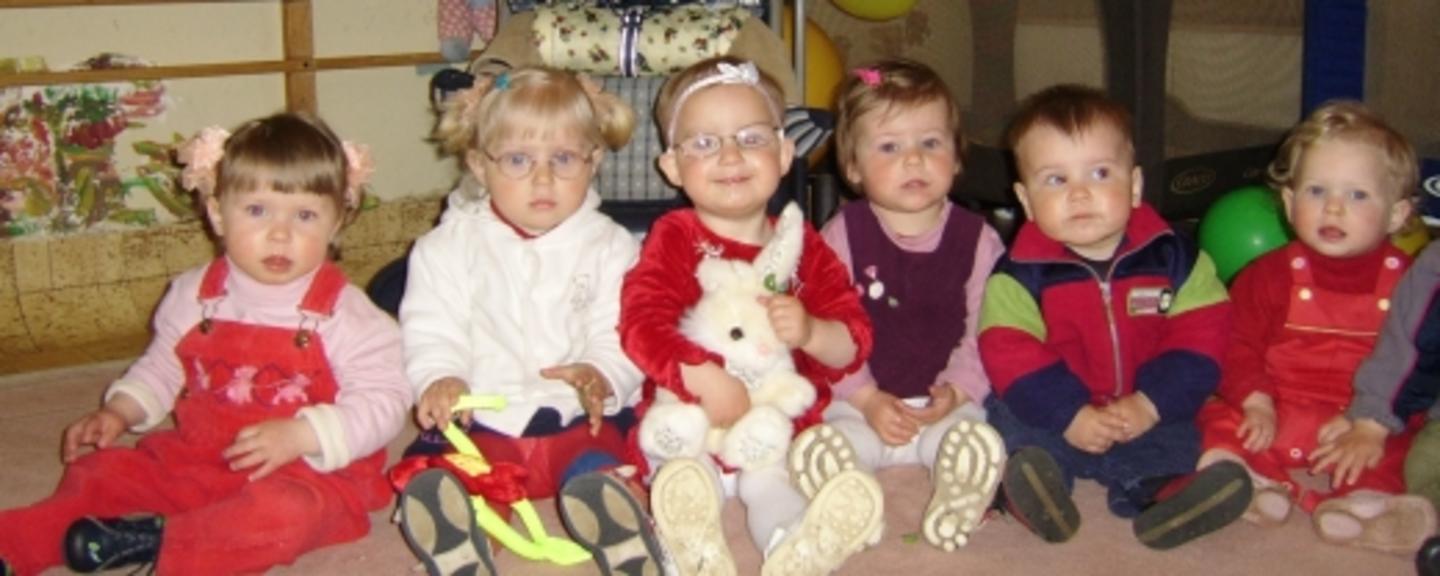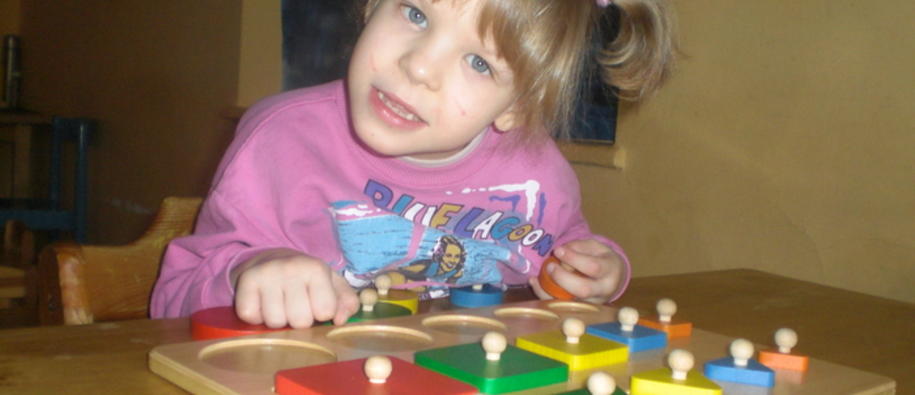The Kaunas child development Clinic ‘Lopselis' is applying a €680,000 grant from Iceland, Liechtenstein and Norway to expand its day-care centre for pre-school disabled children, strengthen training for staff, and modernise the close to 90 year old buildings to enhance the living conditions for the 70 children living at the home. Norway also supported the establishment of the rehabilitation centre for disabled children within the orphanage back in 1998 - 2000.
"For the last fifteen years that we have been working here, we've only had one purpose - to enable children to live at home with their parents", said Audrone Prasauskiene, head doctor and director of Lopselis. "Despite the fact that Lopselis is an orphanage, our ultimate goal is to prevent the children from being placed here in the first place". The majority of the children living permanently at Lopselis are healthy, but approximately 20% are disabled.
While children are placed in institutions for multifold reasons, parents of disabled children who often receive no help in their roles as carers stood out as group Prasauskiene and her staff could help. "Many parents believe their disabled child is better off at a specialised institution. They might lack knowledge on how to take care of and stimulate their child, and working parents struggle with a situation where no kindergartens will accept their child," Prasauskiene said. She added: "We try to show the parents that it's possible to keep a handicapped child at home and integrate him into a kindergarten."
The centre today offers advisory service and training for parents on how to care for children with development disabilities. With the support from the EEA Grants, a new unit will be established where severely disabled babies can stay with a parent. The child will receive intensive care and the parent will be trained to perform the nursing procedures at home.
To further ease the challenges and pressure on parents, the centre also offers a day-care facility for profoundly disabled children. The rehabilitation centre provides physiotherapy, speech and language therapy, art and music classes, as well as water therapy in the swimming pool. The interest from parents has been overwhelming, and the centre will now expand and accept an increased number of children. These will be offered short-term places while the Lopselis staff help the parents find a suitable kindergarten closer to home.
The grant from Iceland, Liechtenstein and Norway will also cover comprehensive staff training and modernisation of the 90-year old premises. Concrete floors, cold bathrooms, leaky windows and poorly isolated walls today pose a threat to the children's health and the absence of elevators hamper some of the children's possibilities to play outside. In addition to this much needed upgrade of the buildings, the children's bed rooms and playgrounds are up for a renewal.
For further information, visit the web site of Lopselis child development clinic

